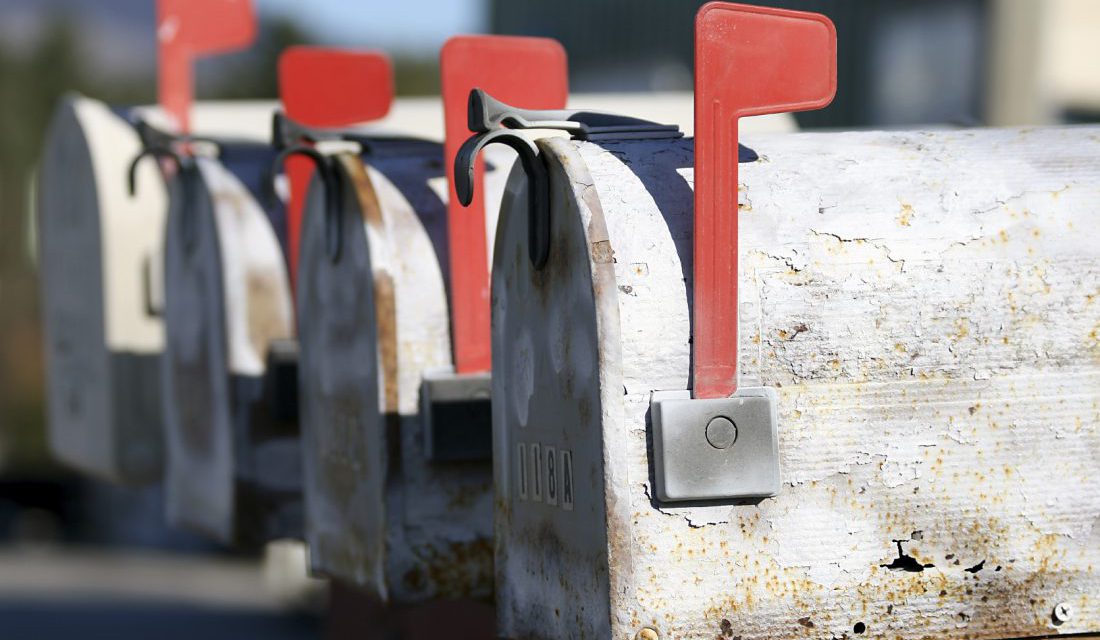Bawa v. Terhune
Facts: A landlord receives a check from their tenant in an amount one cent less than the tenant’s agreed-upon monthly rent payment. The landlord does not accept the payment, and serves the tenant a three-day notice to pay rent or quit. More than three days later, the tenant pays the landlord the correct amount. The landlord does not accept the payment. The tenant remains in possession of the property, and the landlord files an unlawful detainer (UD) action.
Claim: The landlord seeks to evict the tenant, claiming the tenant defaulted since the tenant paid less than the agreed-upon monthly payment and did not supply the correct payment until the expiration of the three-day notice.
Counterclaim: The tenant claims the UD action is invalid since the landlord acted in bad faith by refusing their initial payment.
Holding: A California appeals court holds the tenant was in default since the initial payment was not in the correct amount, but that the tenant may argue the UD action was in bad faith in a future trial. [Bawa v. Terhune (January 30, 2019)_CA6th_]
Editor’s note — In the previous case, the trial court jury ruled only that the tenant did provide a satisfactory payment — a ruling the appellate court here overturned. However, this leaves unresolved the question of whether the landlord was actually acting in bad faith by rejecting the tenant’s payment. Here, the court ruled only that the tenant may argue the landlord acted in bad faith as a defense against the UD action. Thus, both the landlord and tenant have the opportunity to address this question in a new trial. Stay tuned for updates as we report on further developments in this case.














